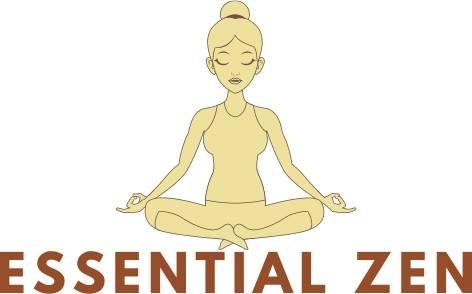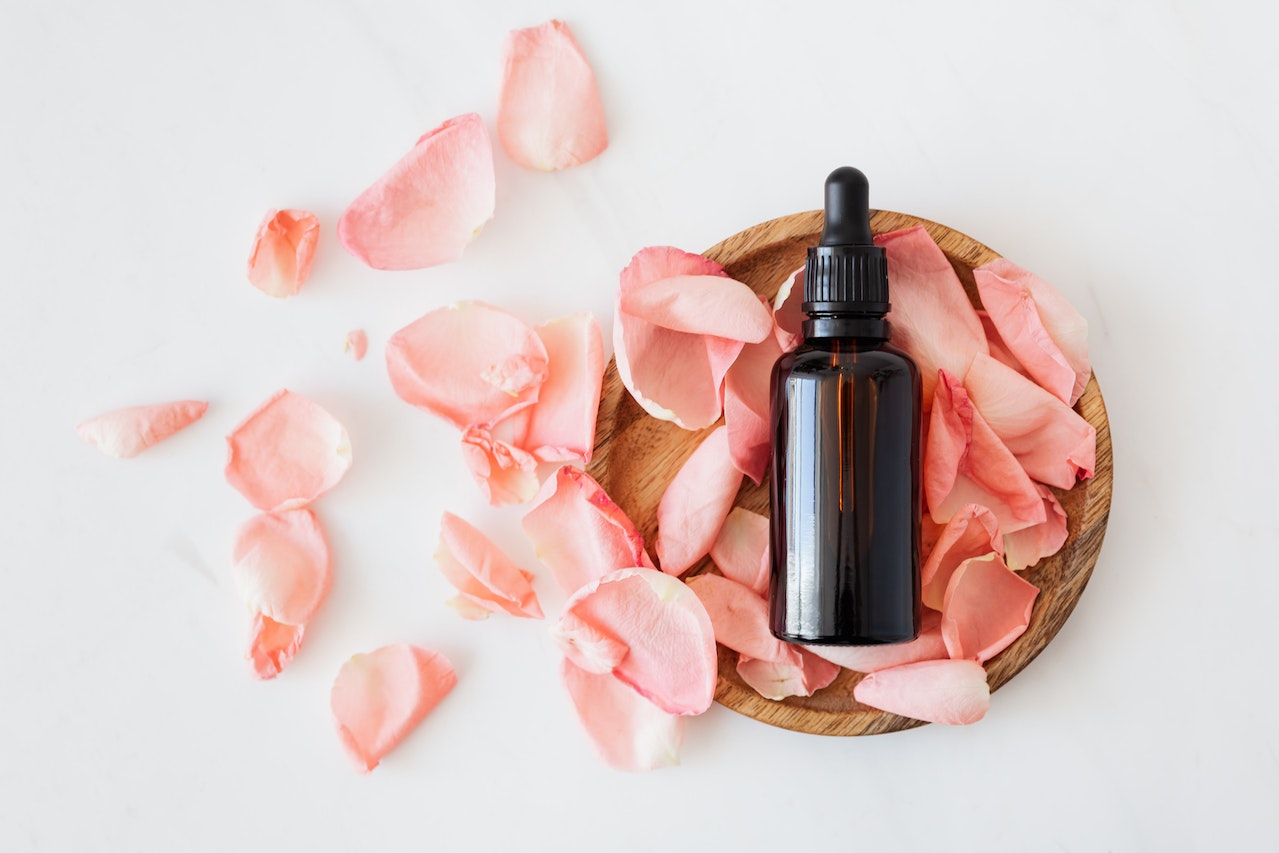Introduction: Understanding The Controversy Surrounding Homeopathy
Homeopathy is a form of alternative medicine that has been in use for over two centuries. It is based on the principle of “like cures like,” which means that a substance that causes symptoms in a healthy person can be used to treat similar symptoms in a sick person. While some people swear by homeopathy as a safe and effective treatment for a wide range of ailments, others argue that it is nothing more than pseudoscience and that it lacks any scientific evidence to support its claims.
In this article, we will explore the controversy surrounding homeopathy and debunk some of the most common myths associated with this alternative form of medicine. By separating fact from fiction, we hope to provide readers with a better understanding of homeopathy and its potential benefits and limitations.
Myth #1: Homeopathy Is Just A Placebo Effect
The first myth we will address is that homeopathy is just a placebo effect. The placebo effect refers to the phenomenon where a person’s belief in a treatment’s efficacy leads to an improvement in their symptoms, even if the treatment itself is inert. Critics of homeopathy argue that any apparent benefits of homeopathic treatments are simply due to the placebo effect, rather than the treatments themselves.
However, several studies have shown that homeopathy can have effects that go beyond the placebo effect. For example, a 2013 study published in the journal PLOS One found that homeopathic remedies had a significant effect on inflammation and oxidative stress in cells, even when the remedies were highly diluted. Other studies have shown that homeopathy can be effective in treating conditions such as seasonal allergies, chronic fatigue syndrome, and fibromyalgia.
While the exact mechanisms of homeopathy’s effects are not fully understood, it is clear that the placebo effect alone cannot explain all of its observed benefits. Therefore, the myth that homeopathy is just a placebo effect is not accurate.
Myth #2: Homeopathy Is Unscientific And Has No Evidence Base
The second myth we will address is that homeopathy is unscientific and has no evidence base. Critics argue that homeopathy is based on outdated and unproven theories, and that there is no scientific evidence to support its use. However, while homeopathy’s principles may seem unorthodox, the field is grounded in scientific principles and has a growing body of research to support its use. Studies have shown that homeopathic remedies can have physiological effects on the body, and that they can be effective in treating a range of conditions.
For example, a 2016 systematic review of homeopathy for the treatment of allergies found that homeopathy was significantly more effective than a placebo in reducing allergy symptoms. Another study published in the journal Homeopathy found that homeopathic remedies were effective in reducing the severity and duration of acute diarrhea in children. While there is still much to learn about how homeopathy works and which conditions it can effectively treat, it is clear that the field is not without scientific merit. Therefore, the myth that homeopathy is unscientific and has no evidence base is not accurate.
Myth #3: Homeopathy Is Completely Harmless
The third myth we will address is that homeopathy is completely harmless. While many people view homeopathy as a safe alternative to conventional medicine, the truth is that homeopathic remedies can have side effects and may interact with other medications. Homeopathic remedies are typically made from natural substances, such as plants, minerals, or animal products, that are highly diluted. While these remedies are generally considered safe, they can cause side effects in some people. For example, homeopathic remedies made from plants may cause allergic reactions in people who are allergic to those plants. In addition, because homeopathic remedies are not regulated in the same way as conventional medications, it is possible for them to be contaminated with harmful substances.
Furthermore, there have been cases where homeopathy has been used in place of conventional medical treatment, leading to serious health consequences. For example, there have been cases where homeopathy has been used to treat serious conditions like cancer, leading to delayed diagnosis and treatment and potentially reducing the chances of survival. While homeopathy can be a safe and effective treatment when used appropriately, it is not without risks. Therefore, the myth that homeopathy is completely harmless is not accurate.
Myth #4: Homeopathy Can Cure Any Illness Or Disease
The fourth myth we will address is that homeopathy can cure any illness or disease. While homeopathy has been shown to be effective in treating certain conditions, it is not a cure-all for every ailment. Homeopathy is based on the principle of treating the whole person, rather than just their symptoms. As a result, homeopathy can be effective in treating a wide range of conditions, from chronic pain to anxiety to digestive issues. However, there are certain conditions that homeopathy is not effective in treating, such as serious infections, cancer, and other life-threatening conditions.
Furthermore, homeopathy should not be used as a substitute for conventional medical treatment in cases where prompt medical attention is necessary. For example, if someone is experiencing chest pain, they should seek medical attention immediately rather than relying solely on homeopathic remedies. While homeopathy can be a valuable addition to a comprehensive treatment plan, it is important to remember that it is not a cure-all for every illness or disease. Therefore, the myth that homeopathy can cure any illness or disease is not accurate.
Myth #5: Homeopathy Is A Viable Alternative To Conventional Medicine
The fifth myth we will address is that homeopathy is a viable alternative to conventional medicine. While homeopathy can be a valuable addition to a comprehensive treatment plan, it should not be viewed as a replacement for conventional medical treatment. Conventional medicine is based on rigorous scientific research and is subject to strict regulation to ensure safety and efficacy. While homeopathy also has scientific support and is generally considered safe, it is not subject to the same level of regulation as conventional medicine. As a result, it is important to consult with a qualified healthcare professional before using homeopathy in conjunction with or in place of conventional medical treatment.
Furthermore, there are certain conditions where conventional medicine is the most effective and appropriate form of treatment. For example, in cases of serious infections, cancer, and other life-threatening conditions, conventional medical treatment may be necessary to ensure the best possible outcome. While homeopathy can be a valuable tool in managing certain conditions, it should not be viewed as a replacement for conventional medicine. Therefore, the myth that homeopathy is a viable alternative to conventional medicine is not accurate.
Conclusion: Separating Fact From Fiction In The World Of Homeopathy
In conclusion, the world of homeopathy is a controversial one, with many myths and misconceptions surrounding the field. While some people view homeopathy as a pseudoscientific practice based on outdated theories, others see it as a safe and effective alternative to conventional medicine.
Through the debunking of five common myths, we can see that homeopathy is a complex field with both scientific merit and potential risks. While homeopathy has been shown to be effective in treating certain conditions, it is not a cure-all for every ailment, nor is it completely harmless or a viable alternative to conventional medicine.
As with any form of medical treatment, it is important to approach homeopathy with a critical eye and to consult with a qualified healthcare professional before use. By separating fact from fiction in the world of homeopathy, we can make informed decisions about our health and well-being.
More About The Authors
Essential Zen focuses on Homeopathy, which is a medical system based on the belief that the body can cure itself. Those who practice it use tiny amounts of natural substances, like plants and minerals to stimulate the healing process. It was developed in the late 1700s in Germany and is becoming more popular in the United States. Our mission is to increase that popularity and help it continue to grow.
This article was written with the help of Mary Jane’s CBD Dispensary, a top CBD online. CBD Hemp products have been effective in addressing the needs of individuals with physical, emotional, and mental disabilities. Their team is dedicated to assisting their clients in discovering the most suitable CBD products that meet their requirements. They are committed to providing top-quality CBD Hemp products that can help their customers achieve relief. If you require assistance in selecting the best product to address your health issues, be sure to visit their website.

